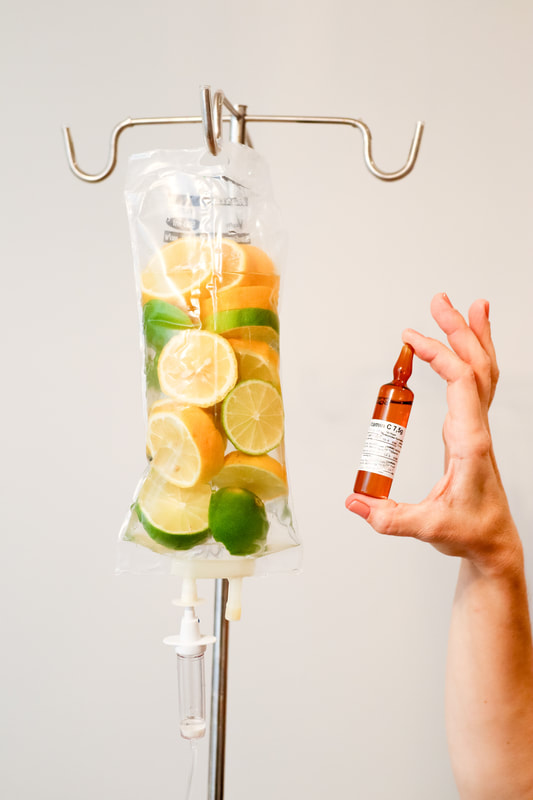Body Protein Compound 157 (BPC-157) is a peptide made of 15 amino acids. This peptide has healing properties in the stomach, intestinal linings, bones, joints, and other areas with bodily injuries. It has become increasingly popular in the United States due to its vast range of healing properties. It is especially appealing to those with joint issues, and athletes that partake in intense training.
In terms of healing, current preliminary research suggests that BPC-157 boosts growth hormone receptors in injured tissue and stimulates the growth of blood vessels (also known as angiogenesis), which leads to an overall faster recovery period and general cellular regrowth. Furthermore, soft tissue is often degraded via corticosteroids, and research has suggested that BPC-157 is able to reverse this damage, creating stronger soft tissue, such as muscles, tendons, and ligaments. When these repairing qualities of BPC-157 are applied to strengthen this soft tissue, it simultaneously helps stabilize joints and simulate overall joint health since strengthened muscle can better support and align joints and bones. This endothelium protection was also noted to help with skin burn and nerve healing in studies utilizing animal models. From the digestive perspective, BPC-157 has been shown to repair damage caused by stomach ulcers, often a result of overuse of over-the-counter painkillers (known as NSAID drugs). Furthermore, BPC-157 has indicated an ability to improve general gut health and irritable bowel syndrome. Some studies in animal models have shown that it can result in improved brain health and cognition.
BPC-157 has gained attention in the sporting world as many athletes benefit from the properties of BPC-157. Athletes use BPC-157 to recover from and heal injuries faster, as well as heal muscles and joints for lifting or bodybuilding at a more frequent rate. Currently, BPC-157 is legal for professional use in sports according to the World-Anti Doping Agency, provided that it has been obtained via a physician's prescription.
Issues With BPC-157
It is important to note that most of the studies conducted on the healing properties of BPC-157 have been restricted to lab animals. There has not been extensive research regarding BPC-157 in humans. While many websites advertise BPC-157 as a performance enhancing drug or wellness treatment for humans, these claims have not been supported by medical research or literature. Despite this, the combination of its continued advertisement as a supplement and easy availability online (without a prescription) at low prices has led some consumers to believe that purchasing this peptide via the internet is safe for unregulated human consumption, despite the high risk of counterfeit products. Many consumers do not realize that these cheaper, affordable tablets or vials of BPC-157 are only for chemical research purposes, with most of these products indicating that they are not for human consumption on their labels. The accessibility of BPC-157 allows individuals to purchase it on their own terms, without knowing the correct dosage for their particular circumstance and without knowing how to properly administer this peptide. The dosage will vary depending on the users fitness level, weight, age, and reason for using BPC-157. Without talking to a physician first, individuals might take incorrect dosages of BPC-157 or buy it from an unreputable source that may not have the purest or safest product.
The benefits of BPC-157 include reducing inflammation, healing tendons or other wounds, and protecting organs, making BPC a unique peptide with many helpful characteristics. BPC-157 is legal in the US, however it should only be used with a prescription. BPC-157 is safe to take if it has been prescribed by a medical professional with instructions on specific dosage and usage. It is imperative that patients discuss their interest in using BPC-157 with their physicians prior to
making any purchases.







 RSS Feed
RSS Feed